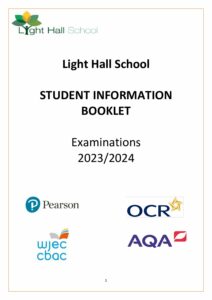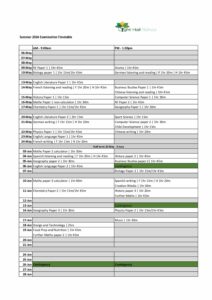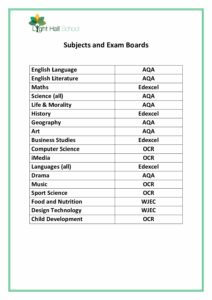Key Dates & Information
Examinations 2024
- Please see the schedule at the bottom of the page
Examination Contingency Days 2024:
The awarding bodies have designated Thursday 6th June (PM), Thursday 13th June (PM) and Wednesday 26th June (all day) 2024 as ‘contingency days’ for examinations. This is consistent with the qualification regulators’ document Exam system contingency plan: England, Wales and Northern Ireland – gov.uk/government/publications/exam-system-contingency-plan-england-wales-and-northernireland The designation of ‘contingency days’ within the common examination timetable is in the event of national or significant local disruption to examinations in the United Kingdom. It is part of the awarding bodies’ standard contingency planning for examinations. Centres must therefore remind candidates that they must remain available until Wednesday 26th June 2024 should an awarding body need to invoke its contingency plan..hd7 apple watch 7 replica













